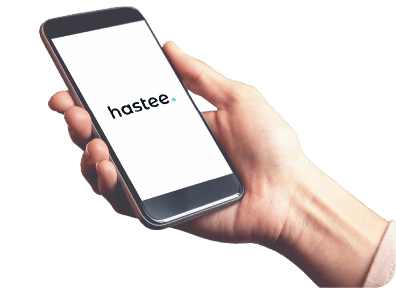Author: Manu Peleteiro, CEO at Inbest.ai
There are over 8mn vulnerable households not claiming benefits because they wrongly assume that they are not eligible or think that the application is too complicated. The most common reasons people assume they are not eligible is because they believe that their income is too high, or they wrongly assume that they are not entitled to benefits because they are in employment.
Financial wellbeing in the workplace
Employers of all sizes recognise the benefits of improving the financial wellbeing of staff. Employees with better financial wellbeing have lower financial stress and anxiety and are therefore more effective and productive. This is particularly important for vulnerable employees who need benefits but are failing to access them. These employees are left with risky strategies to ‘get by’ including living from savings, borrowing from banks and deferring their mortgage, rent and credit card payments.
Welfare benefits in the workplace
We believe that the workplace is an excellent environment to increase the awareness of the benefits that low and variable income employees are entitled. HR managers can correct misperceptions about how the benefits system works and encourage employees to check their benefits entitlements as soon as they might be eligible. By having a proactive approach, HR managers can also reduce the stigma around benefits, increase the transparency on the application process, and make sure that employees review their benefits when there is a change in their circumstances or financial situation. Finally, HR managers can direct employees to organisations that offer free and impartial money advice and can answer their benefits questions and make sure that their benefits’ applications are correct.









